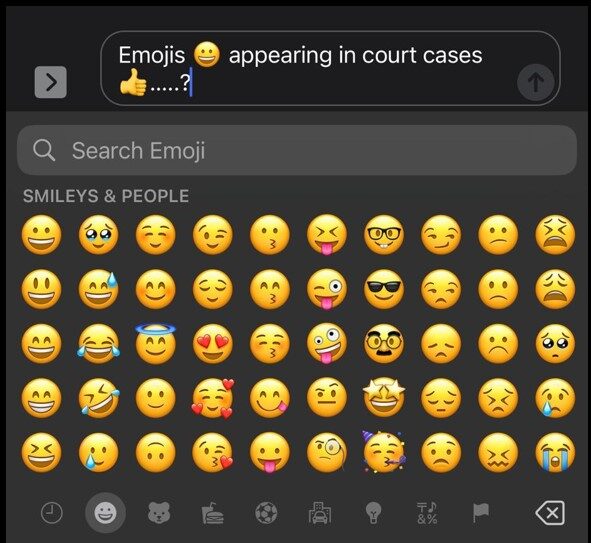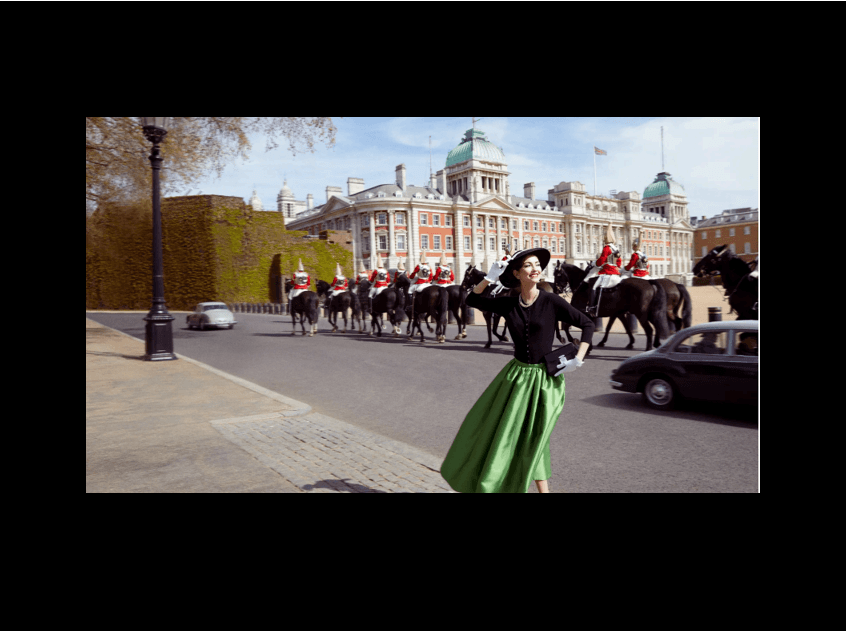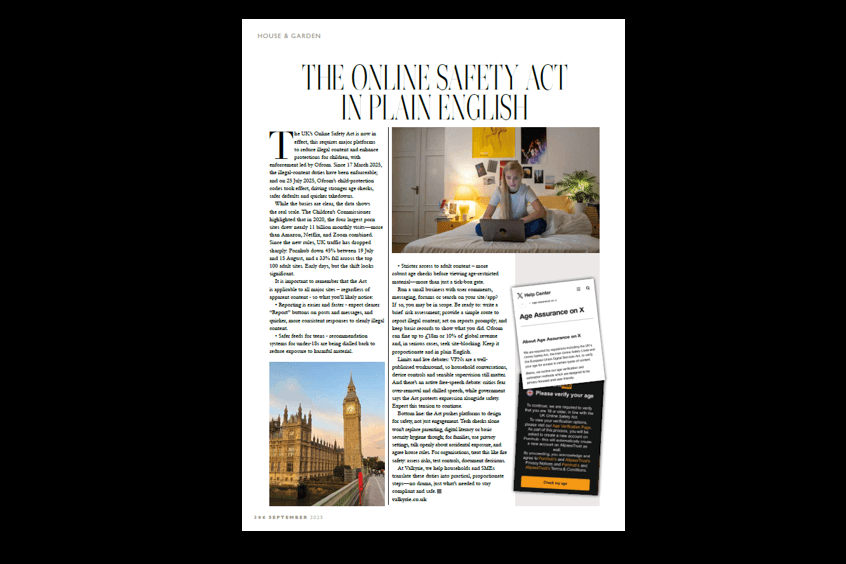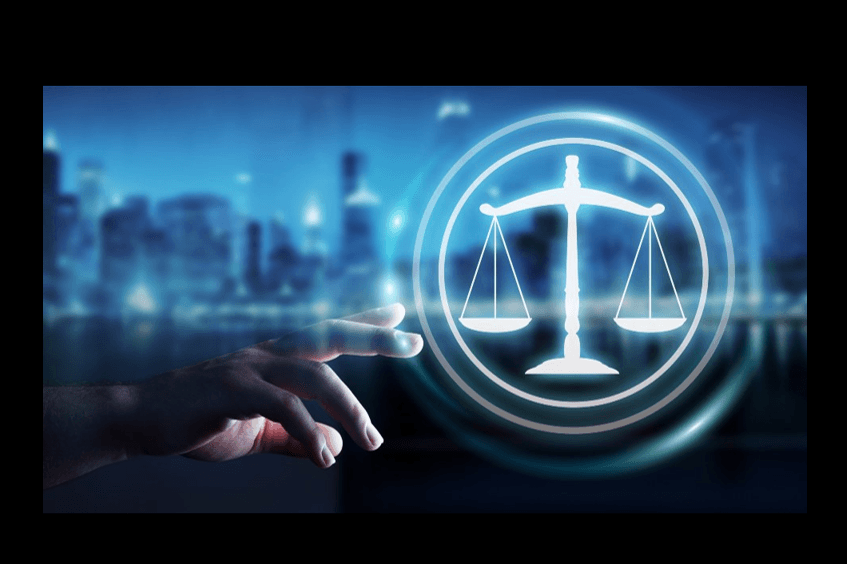We had an interesting conversation with a client last week concerned he may have a potential problem related to texts and ‘emojis’ he sent regarding a business deal. As technology has evolved, so has the way we communicate. Gone are the days when we relied on emails. Due to easily accessible platforms, chat applications have revolutionised our communication. And with apps have come emojis.
Originating in Japan in 1997, an emoji is a small digital image used to express an idea/emotion. They became globally popular post-2010 after being added to several mobile operating systems. With every mobile update, new emojis appear; each emoji has meaning, but is it as obvious as you think? Emojis are a simple concept. However, the ‘emoji language’ is murkier than you think.
Whether their meaning is innocuous or otherwise, falling foul of their hidden meaning may not be the only problem users face as they now take on legal significance with them increasingly appearing in court cases.
An interesting article was published online; it emerged that a handwritten document ‘signed with a smiley face’ by singer Aretha Franklin constitutes a valid will. Created in 2014, it was found years later under a sofa. Her sons had been fighting over which of 2 written notes should take precedence without formal instructions.
In Canada, a judge ruled that a thumbs-up emoji was ‘as binding as a signature’ in a dispute over a contract between a grain buyer and a farmer. During the case, the judge turned to the dictionary to define what a thumbs-up emoji meant. As a result, he ruled that the farmer was in breach of contract. In a more recent example, a man accused of pimping prostitutes allegedly texted a woman that read, ‘Teamwork makes the dream work.’ Seemingly innocuous, it ‘took on new significance when accompanied by the high heels & money bag emoji.’ The prosecution argued that this hinted at a working relationship; the defendant said his intentions were romantic.
Emojis are increasingly appearing in British criminal, family & employment law hearings, with judges often unaware of their alternative meanings. Senior judges have begun urging the judiciary to familiarise themselves with the subtle and sometimes sinister meanings of emojis, which could influence the outcome of court cases. Legal precedents on the meaning of emojis are likely problematic and will need to be watched closely as more cases occur. However, courts will have to meet the new challenges that are going to arise from the use of emojis.
It’s fair to say that not many of us worry that an emoji in a text is going to land us in trouble or, worse still, court; that said, it’s always worth remembering that emojis can mean different things to different people and what you think is innocent may in certain situation come back to haunt you. In the business environment, we would recommend a cautious approach to their use.














